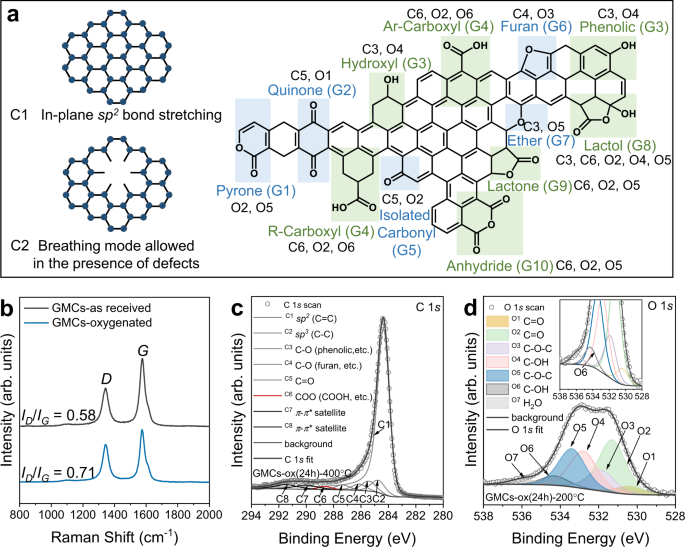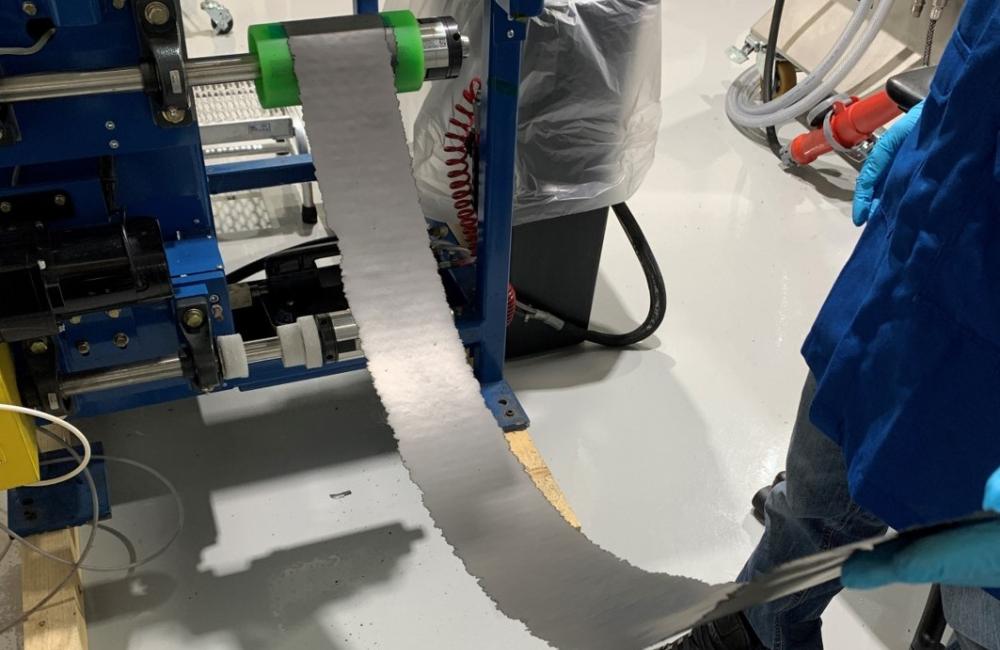2023-07-18 オークリッジ国立研究所(ORNL)
 ORNL researchers used geotagged photos to map crude oil train routes in the U.S. The mapping gives transportation planners insight into potential impacts along the routes.
ORNL researchers used geotagged photos to map crude oil train routes in the U.S. The mapping gives transportation planners insight into potential impacts along the routes.
◆過去10年間にアメリカで300件以上の原油列車事故が発生しており、火災や有害物質の漏洩などの悪影響がありますが、輸送ルートに関する情報は限られていました。研究では、ジオタグ付きのオンライン写真を使用して輸送経路を再構築し、原油列車が通過した可能性のある地域を特定しました。この視覚的なデータにより、鉄道ルート沿いの潜在的なリスクを理解するための基盤が整いました。
<関連情報>
- https://www.ornl.gov/news/safe-train-transport
- https://journals.sagepub.com/doi/10.1177/03611981231170632
クラウドソーシングによるソーシャルメディアデータを活用した米国における原油の鉄道輸送ルートの検証 Examining Rail Transportation Route of Crude Oil in the United States Using Crowdsourced Social Media Data
Yuandong Liu, Majbah Uddin, Shih-Miao Chin, Ho-Ling Hwang, and Jiaoli Chen
Sage Journals Published:May 22, 2023
DOI:https://doi.org/10.1177/03611981231170632
Abstract
Safety issues associated with transporting crude oil by rail have been a concern since the boom of the U.S. domestic shale oil production in 2012. During the last decade, over 300 crude-oil-by-rail incidents have occurred in the United States. Some of them have caused adverse consequences including fire and hazardous materials leakage. However, only limited information on crude-on-rail routes and their associated risks is available to the public. To this end, this study proposed an unconventional way to reconstruct crude-on-rail routes using geotagged photos harvested from the Flickr website. The proposed method linked the geotagged photos of crude oil trains posted online with national railway networks to identify potential railway segments that those crude oil trains were traveling on. A shortest path-based method was applied to infer the complete crude-on-rail routes, by utilizing the confirmed railway segments as well as their directional information. Validation of the inferred routes was performed using a public map and official crude oil incident data. The results suggested that the inferred routes based on geotagged photos had high coverage, with approximately 96% of the documented crude oil incidents aligned with the reconstructed crude-on-rail network. The inferred crude oil train routes were found to pass through several metropolitan areas of high population density, who were exposed to potential risk. These findings could improve situational awareness for policy makers and transportation planners. In addition, with the inferred routes, this study has established a good foundation for future crude oil train risk-analyses along the rail route.



